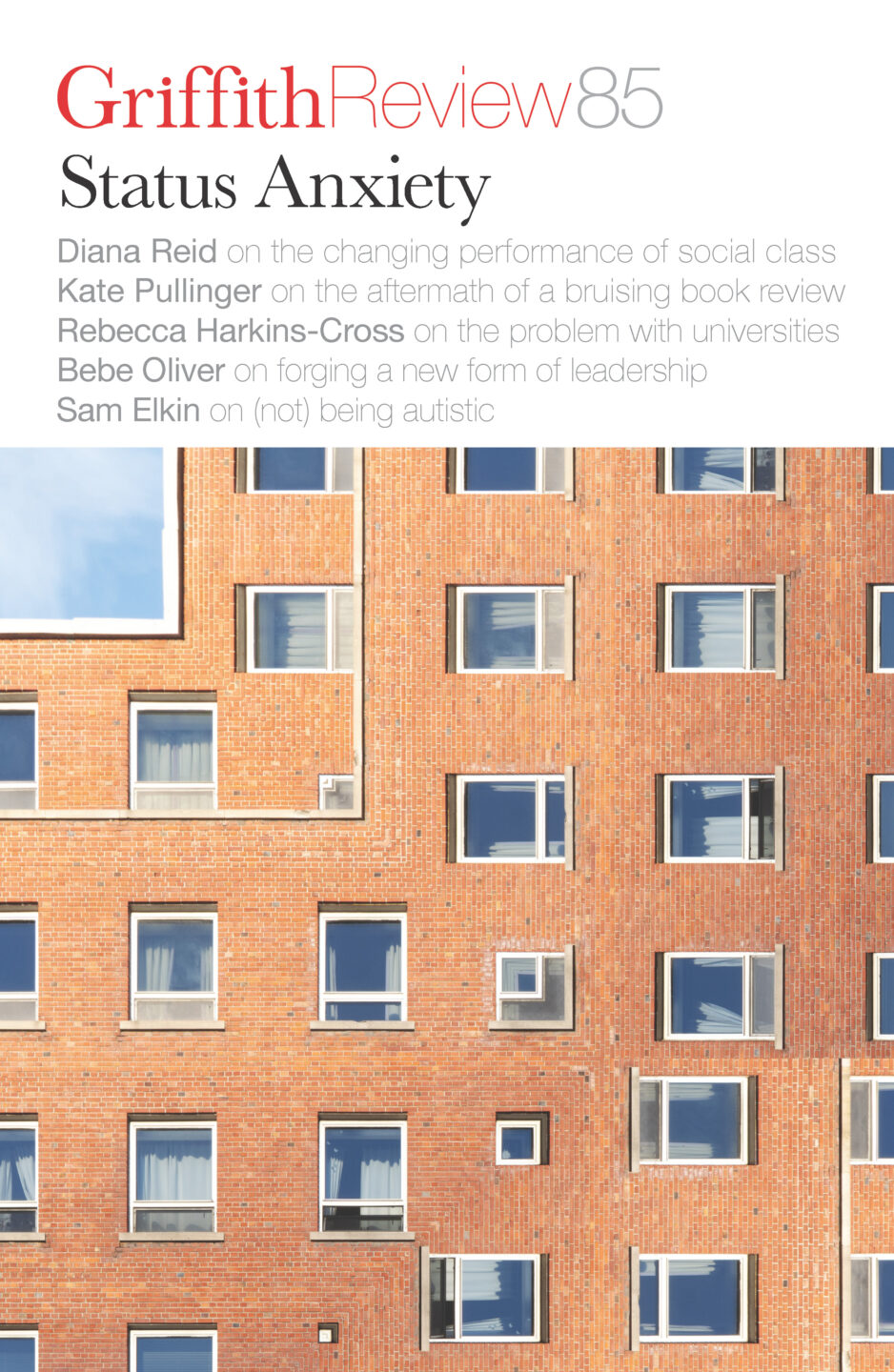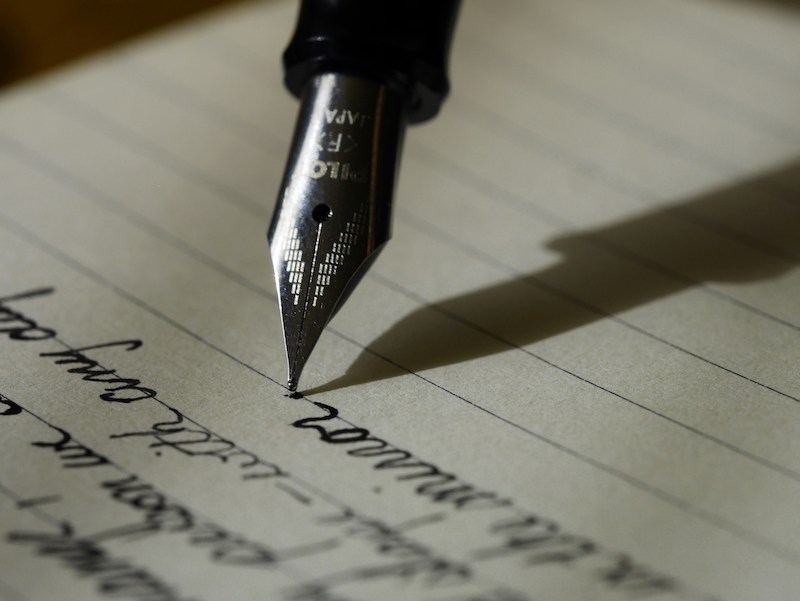Featured in

- Published 20240806
- ISBN: 978-1-922212-98-6
- Extent: 216pp
- Paperback, ePUB, PDF


Already a subscriber? Sign in here
If you are an educator or student wishing to access content for study purposes please contact us at griffithreview@griffith.edu.au
Share article
More from author

A fair game for all
GR OnlineWhen a disabled writing student tells me they won’t submit their work for publication because they fear being rejected for not being enough, I always find myself wishing that the publishing industry had the time and empathy to reply more thoroughly to these marginalised voices.
More from this edition

When adults are at risk
Non-fictionOne significant subset of our modern adult-safeguarding environment is elder abuse, which we know is a significant and under-reported problem. In 2021 the Australian Institute of Family Studies released the results from the first-ever broad survey of elder-abuse prevalence in Australia. This showed that 14.8 per cent of adults aged sixty-five and over had suffered abuse in the previous twelve months. Importantly, only a little more than one third of people who experienced abuse sought help.

Birthmarks
Non-fictionThere’s no denying the pride and glory that comes with being born Aboriginal and knowing it, along with knowing the history of my culture. Yet with this comes a weight, attached by invisible rope tied by the hands of colonial settlers. Aboriginal people live with the death and damage our ancestors have experienced since 1788, while trying to outweigh it with the strength we inherit from the 2,000 generations that came before us. Cultural integrity is one of many facets of Aboriginal identity, and a testament to our reclamation of social governance led by our own communities. Aboriginal people recognise the power and impact lore and values have on the body and mind, and the life elements between, and this fuels our fire to design structures that allow our knowledge and history to be at the forefront of the services our people receive. Certainly, this powered my need to be working within the community, to acknowledge and understand the strength we find in the face of difficulty and push it into the valleys of my physical form as an Aboriginal creative.

The Gordon cult
Non-fictionFrom a modern perspective Gordon makes an odd choice for a national poet, since he wrote only rarely about the country that embraced him. He set many of his popular verses in England and studded the others with the classical references familiar to an English gentleman. Yet before the passage of the 1931 Statute of Westminster – or, more exactly, until similar laws passed through the Australian Parliament in 1942 – Britain retained the legal right to determine foreign relations for the Australian Commonwealth. Accordingly, prior, during and for some time after the Great War, respectable Australian nationalism generally manifested as Empire patriotism.